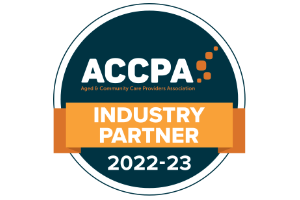Is your site ready for the Strengthened Aged Care Quality Standards? Do you currently screen your residents using a validated malnutrition screening tool or have systems in place for this? Standard 5.5.5 of the new standards states that: “The provider implements processes to maintain an older person’s nutrition and hydration by” These guidelines do not...



